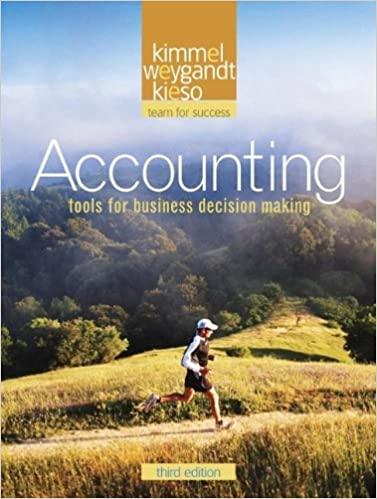The following situations are independent of one another. 1. An accounting student recently employed by a small
Question:
1. An accounting student recently employed by a small company doesn’t understand why the company is only depreciating its buildings and equipment, but not its land. The student prepared journal entries to depreciate all the company’s property, plant, and equipment for the current year-end.
2. The same student also thinks the company’s amortization policy on its intangible assets is wrong. The company is currently amortizing its patents but not its goodwill. The student fixed that for the current year-end by adding goodwill to her adjusting entry for amortization. She told a fellow employee that she felt she had improved the consistency of the company’s accounting policies by making these changes.
3. The same company has a building still in use that has a zero book value but a substantial fair value. The student felt that this practice didn’t benefit the company’s users—especially the bank—and wrote the building up to its fair value. After all, she reasoned, you can write down assets if fair values are lower. Writing them up if fair value is higher is yet another example of the improved consistency that she has brought to the company’s accounting practices.
Instructions
Explain whether or not the accounting treatment in each of the above situations is in accordance with generally accepted accounting principles. Explain what accounting principle or assumption, if any, has been violated and what the appropriate accounting treatment should be.
Goodwill
Goodwill is an important concept and terminology in accounting which means good reputation. The word goodwill is used at various places in accounting but it is recognized only at the time of a business combination. There are generally two types of... Intangible Assets
An intangible asset is a resource controlled by an entity without physical substance. Unlike other assets, an intangible asset has no physical existence and you cannot touch it.Types of Intangible Assets and ExamplesSome examples are patented...
Fantastic news! We've Found the answer you've been seeking!
Step by Step Answer:
Related Book For 

Accounting Tools For Business Decision Making
ISBN: 9780470377857
3rd Edition
Authors: Paul D. Kimmel
Question Posted:





